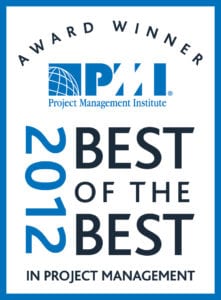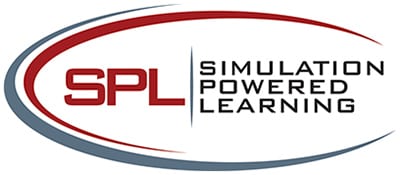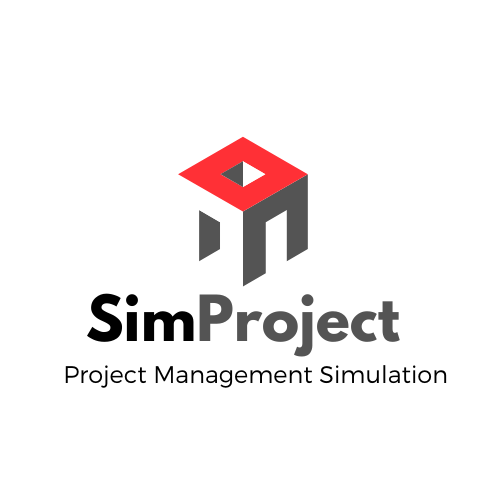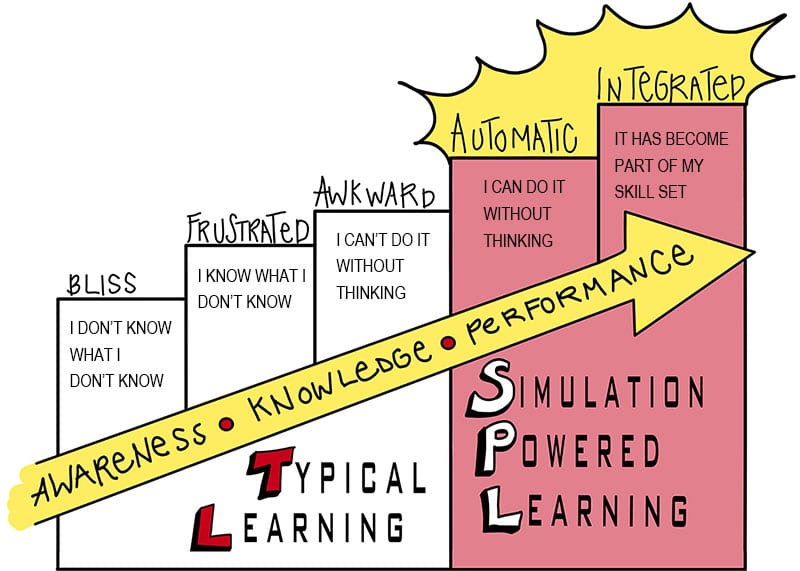SimProject®
$50.00
SimProject®, is a PMI award winning online project management learning simulation used by many academic institutions and training organizations around the world as part of their project management curriculum.  Students plan and manage an 11 week, 7 task project from start to finish juggling scope, schedule, cost, quality and individual/team productivity. Simulated stakeholders and team members add the human dimension that is missing from simple case studies. SimProject can be given as standalone home work for students (individual or teams), or utilized as a classroom (physical or virtual) activity. If used in a team setting three students share a single SimProject license and make decisions as a team.
Students plan and manage an 11 week, 7 task project from start to finish juggling scope, schedule, cost, quality and individual/team productivity. Simulated stakeholders and team members add the human dimension that is missing from simple case studies. SimProject can be given as standalone home work for students (individual or teams), or utilized as a classroom (physical or virtual) activity. If used in a team setting three students share a single SimProject license and make decisions as a team.
SimProject is also available as part of our Project Management Fundamentals SPL 2 days class.
– Professor Laurie Schatzberg of the University of New Mexico
Please purchase the right SimProject based on use in an academic or training setting. Once purchased a registration email will be sent to you from spl@simulationpl.com. If you do not receive it within a few minutes, CHECK YOUR SPAM folder!
Description
Students learn project management as they run a decision-driven simulation comprised of real-life people, a real-life company, a real-life project, and the daily challenges encountered on any real project. Students must navigate challenges like schedule, scope, staffing, and ongoing interactions with difficult team members and politically motivated stakeholders. Students will finish with more confidence in both planning and managing projects and people using all the fundamental tools. For additional learning students can run the simulation a second time as they avoid previous mistakes and further develop their project management skills.







